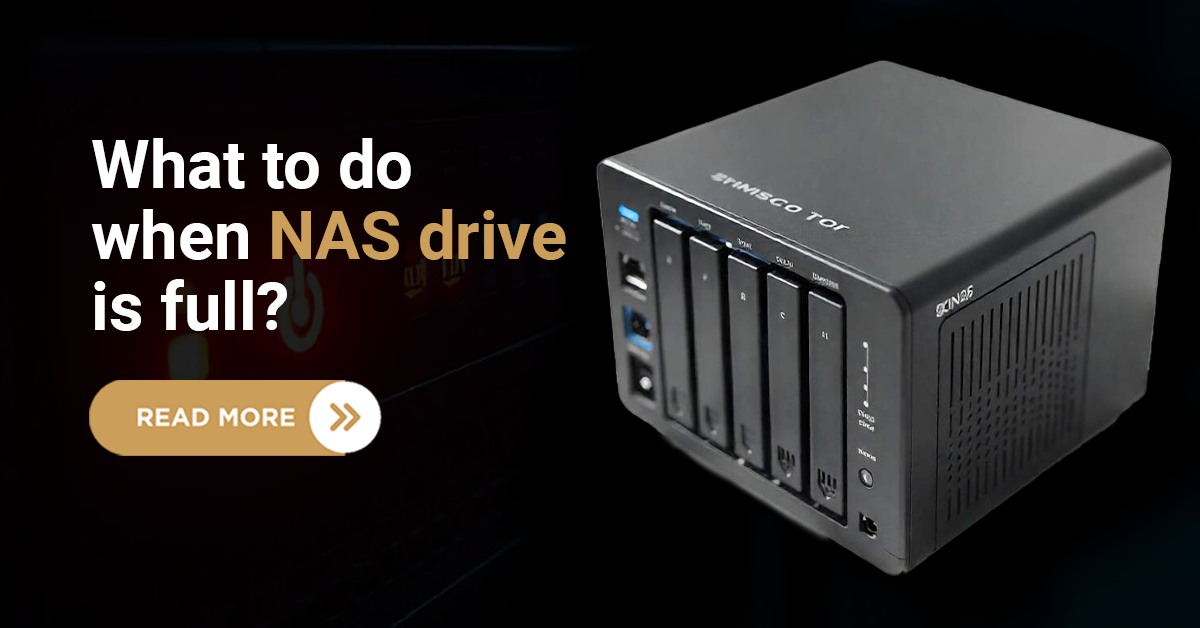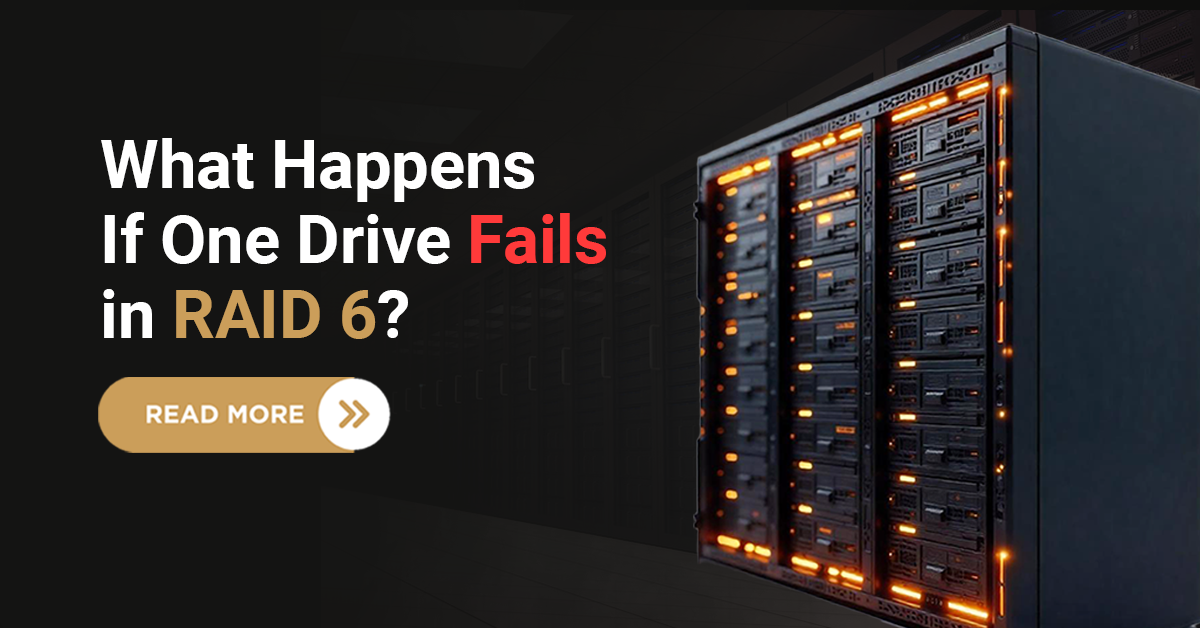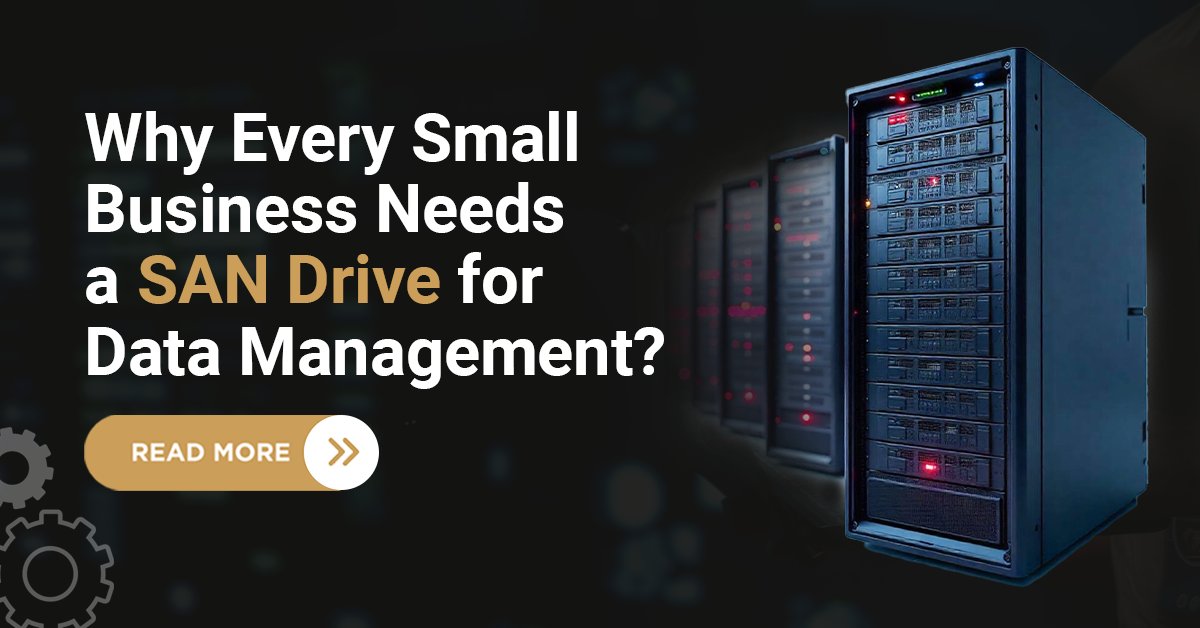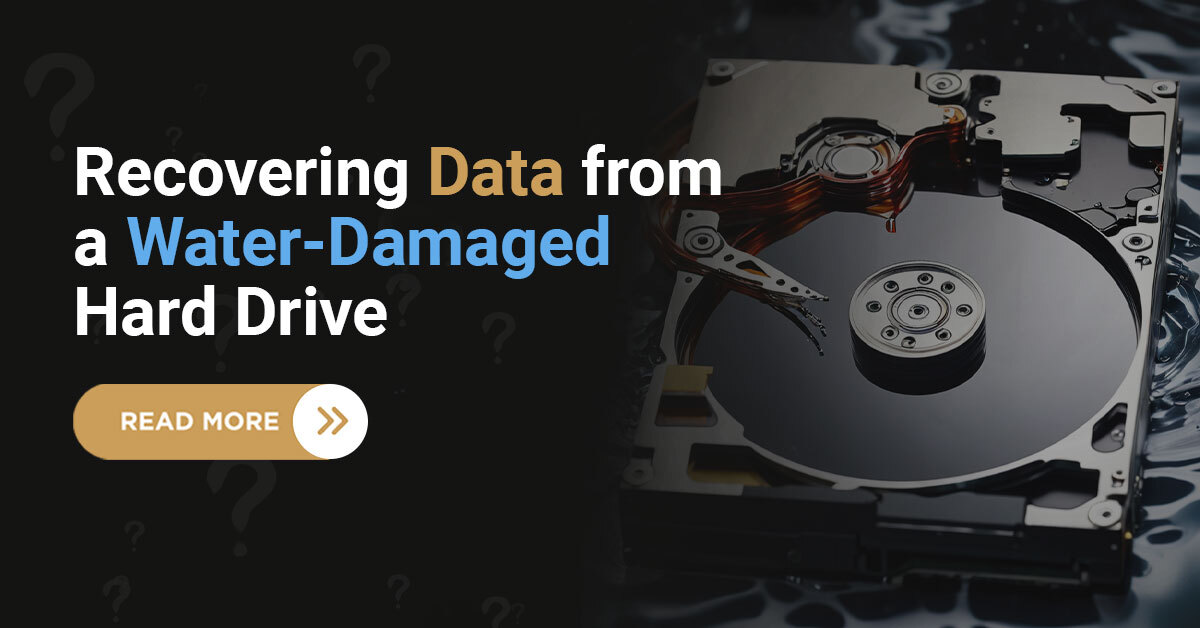Imagine running a business where every critical file, from client contracts to marketing plans, is scattered across various devices, cloud accounts, and external hard drives. Doesn’t it Sounds chaotic? Going for Network Attached Storage (NAS) can be a game-changer that can transform how your organization handles data. Think of it as your personal librarian, organizing and safeguarding all your files in one central location while giving your team instant access, no matter where they are.
But how do you choose the perfect NAS for your business? This article illustrates everything you need to know, from understanding NAS basics to comparing features and brands.
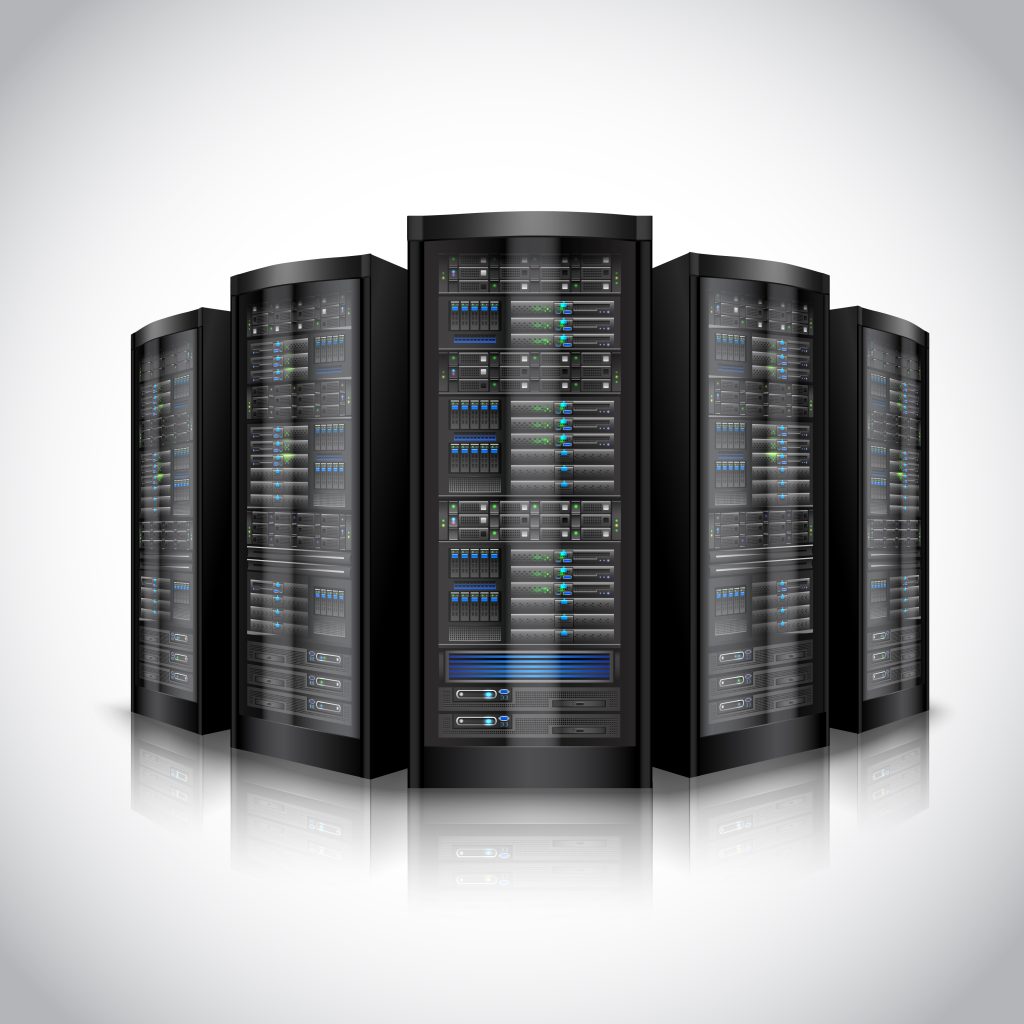
Understanding NAS and Its Benefits
What is NAS?
A NAS (Network Attached Storage) is a device that connects to your business network to store, manage, and share data among users. Imagine it as a centralized storage hub that offers shared access to files, backups, and multimedia.
Why Do Businesses Need NAS?
For businesses, a NAS serves as more than just a storage unit. It ensures that your critical data is safe, accessible, and organized. Whether you’re a small team or a large enterprise, having a central point for your digital resources boosts productivity and collaboration.
Key Benefits of NAS for Businesses
Scalability and Cost-Effectiveness: One of the biggest advantages of a NAS (Network Attached Storage) is its scalability, which makes it an ideal choice for businesses. A NAS allows you to start with the capacity you need now and scale up as your requirements grow. NAS involves a one-time hardware investment and no ongoing costs for scaling up storage locally.
Enhanced Collaboration: Teams can easily access, share, and edit files in real-time.
Disaster Recovery: With automatic backups, you can recover data in case of unexpected failures.
Assessing Business Needs Before Buying a NAS
Evaluating Data Storage Requirements
Start by estimating your current and future storage needs. Think about the types of files your business handles—text documents, high-resolution images, videos, or large databases—and choose a NAS that satisfies both present and future growth.
Number of Users and Devices
Consider the number of employees and devices that will access the NAS. Larger teams with numerous devices need high-performance NAS units capable of managing multiple simultaneous data requests easily.
Security Considerations
Security is a key factor. Look for NAS devices that support encryption, secure login protocols, and multi-factor authentication to protect sensitive business data.
Budget Constraints
It can be fascinating to spend more on advanced features, but it’s important to match your budget with your business needs. For small businesses, entry-level NAS units work well, while mid-range or high-performance models are better for larger setups.
Key Features to Look for in a Business NAS
Storage Capacity and Expandability
Choose a NAS with enough drive bays to support your storage requirements. For growing businesses, opt for a model that allows for easy expandability.
RAID Support
Redundant Array of Independent Disks (RAID) provides data redundancy, ensuring your data is protected even if a hard drive fails.
Connectivity and Compatibility
Ensure your NAS offers sufficient Ethernet ports, supports Wi-Fi, and integrates seamlessly with your existing systems, including Windows, macOS, and Linux.
Performance and Speed
For smooth operations, prioritize models with a strong processor, ample RAM, and high transfer speeds. These specifications are critical for handling large files and multiple users.
Software and Applications
Modern NAS devices come with built-in applications for file management, backups, media streaming, and even virtual machines. Check for software that aligns with your business workflows.
Popular NAS Types for Businesses
Entry-Level NAS
Entry-level NAS units are ideal for small businesses or startups with minimal data storage needs. These devices are designed to handle basic file sharing, backups, and centralized storage without crushing your budget. They typically come with 1-2 drive bays, making them cost-effective and easy to set up.
For example, small teams managing client files or simple backups can use an entry-level NAS to streamline their processes without needing extensive IT expertise. While these models might not support advanced features like virtualization or 4K media streaming, they are perfect for companies just starting their NAS journey.
Mid-Range NAS
Mid-range NAS devices strike a balance between cost and performance, making them an excellent choice for growing businesses. With 4-6 drive bays and support for RAID configurations, these NAS units offer better storage capacity, data redundancy, and scalability.
Mid-range NAS models are great for businesses handling larger workloads, such as collaborative file sharing across teams or storing and accessing large datasets. Many of these models also support additional features, such as remote access, advanced user permissions, and integration with cloud storage. They are a smart investment for companies experiencing steady growth
High-Performance NAS
For enterprises and businesses dealing with large-scale operations, high-performance NAS units are the way to go. These devices are equipped with powerful processors, 8+ drive bays, and high-speed connectivity options like 10GbE (10-gigabit Ethernet) to handle intensive data loads.
High-performance NAS is designed for tasks like virtualization, video editing, or managing vast amounts of data in real time. These systems support advanced security features, AI-based data analytics, and massive scalability, making them essential for industries like media production, healthcare, and large-scale IT operations.
Comparing Popular NAS Brands
1. Synology
Synology is known for its user-friendly interface and feature-packed NAS devices. With their DiskStation Manager (DSM) software, even non-technical users can easily manage storage, set up backups, and monitor system performance. Popular models like the DS920+ cater to small and mid-sized businesses, while the enterprise-grade RS3621xs+ delivers top-tier performance.
Synology excels in offering powerful security features, third-party app integrations, and seamless cloud sync options, making it a versatile choice for various business sizes.
2. QNAP
QNAP stands out for its focus on high-performance and versatile hardware. With features like HDMI ports for direct media playback and AI-powered applications, QNAP NAS units cater to both creative professionals and enterprises. Models like the TS-873A provide advanced storage and virtualization capabilities, while the HS-264 is perfect for home offices or small teams.
QNAP also offers excellent scalability and hybrid cloud options, giving businesses the flexibility to grow their storage infrastructure without limitations.
3. Western Digital (WD)
Western Digital (WD) brings reliability and simplicity with its NAS series, especially the My Cloud EX and PR series. WD NAS devices are a great option for small businesses or individuals who prioritize ease of use and reliable storage for backups.
While WD focuses more on entry-level and mid-range models, they provide competitive pricing and strong security, making them ideal for straightforward business needs.
4. Asustor
Asustor offers NAS devices that combine affordability with solid performance, serving small to mid-sized businesses. With models like the AS6604T, Asustor provides features like 2.5GbE connectivity, seamless app integration, and high-speed data transfers.
Their devices appeal to users looking for budget-friendly options without compromising on essential features like multimedia streaming, backups, and remote access.
Guide for Setting Up Your NAS
Installation and Initial Setup
Setting up your NAS starts with assembling the hardware. Install the hard drives into the drive bays, connect the NAS to your network using an Ethernet cable, and power it on. Follow the setup instructions provided by the manufacturer, which typically involves accessing the NAS’s interface through a browser or app.
Creating User Access Controls
User access controls are critical for businesses to maintain data security and organization. Set up individual accounts for employees, defining specific permissions for each user. For instance, you can grant full access to managers while restricting certain folders for other team members.
Integrating with Business Systems
Your NAS should work effortlessly with your existing systems. Most modern NAS devices support integration with software like Microsoft Office, Google Workspace, or third-party CRM tools. You can also connect your NAS to cloud services, enabling hybrid storage that combines local and remote data access for flexibility and backup.
Conclusion
Selecting the right NAS for your business is not just about storage—it’s about ensuring the efficiency, security, and scalability of your operations. By carefully evaluating your storage requirements, budget, and specific business needs, you can make a decision that aligns with your goals. Whether you’re a small startup seeking a cost-effective solution or an enterprise requiring advanced features for a large-scale operation, there are NAS designed according to your needs.
Focus on features like storage capacity, redundancy, backup options, and user-friendliness, but don’t overlook the importance of security and scalability. Investing in a reliable NAS system not only protects your data but also optimizes your team’s workflow.
NAS isn’t just a device- It’s a partner in your business’s success, helping you manage, protect, and access your critical data whenever and wherever you need it. Take the time to research, compare options, and choose wisely. Choosing the NAS is essential, but even the best NAS can face data loss due to unexpected causes. Here Techchef comes to help, As your trusted companion for reliable and professional NAS data recovery services. Our expert team works with cutting-edge technology to recover your critical data with maximum safety, efficiency, and care. Facing data loss? Don’t panic- Call us at 1800-313-1737 and let us help you get your data back.
Book your appointment today!
FAQs
1. Can a NAS replace cloud storage?
A NAS can complement cloud storage by offering local access and control, but it doesn’t fully replace the flexibility of cloud-based solutions for remote access and scalability.
2. What is the lifespan of a NAS?
With proper maintenance, a NAS can last 5-7 years or more. However, hard drives within the NAS may need replacement sooner.
3. Do I need technical expertise to manage a NAS?
Most NAS devices are user-friendly and come with detailed instructions, so you don’t need advanced IT skills to set one up and manage it.



